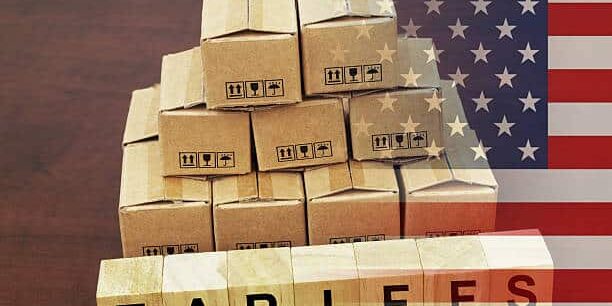The U.S. Department of Commerce has launched a new initiative that encourages automakers to provide detailed supply chain documentation to qualify for reduced tariff rates on imported vehicles and parts. This move offers a strategic opportunity for manufacturers to optimize trade costs and highlights the growing role of supply chain transparency in global trade operations.
Effective May 20, 2025, the new guidelines clarify that the 25% tariff will only apply to non-U.S. content in imported vehicles. By aligning this policy with the United States-Mexico-Canada Agreement (USMCA), the Department aims to support automakers with significant U.S.-based operations and encourage greater regional production integration.
To be eligible for preferential tariff treatment, automakers must submit key supply chain details for each imported model line. This includes the declared customs value, the proportion of U.S. and non-U.S. content, the final production location, and certification of USMCA compliance. These submissions, which must be verified by senior executives, reflect the increasing importance of accurate and traceable supply chain data.
The initiative presents a practical advantage for manufacturers. According to the Center for Automotive Research, tariff-related costs could rise significantly in 2025. The Commerce Department’s proactive guidance allows automakers to plan accordingly and make informed sourcing decisions that align with both compliance and cost-efficiency goals.
Importers with qualifying submissions may also request retroactive tariff relief for vehicles brought in after April 3, 2025. Approvals will remain valid for six months, reinforcing the need for continuous monitoring and regular updates of supply chain practices. Automakers are also required to notify the Department of any changes in sourcing or production that affect U.S. content value.
This development strengthens the link between supply chain strategy and international trade success. With transparency now a vital asset in tariff compliance, the auto industry is positioned to benefit from improved visibility, better planning, and more competitive cross-border operations.
#ICTTMNews #BreakingNews#SupplyChainReport #TradeCompliance #TariffRelief #AutoSupplyChain #PositiveTradeMoves







